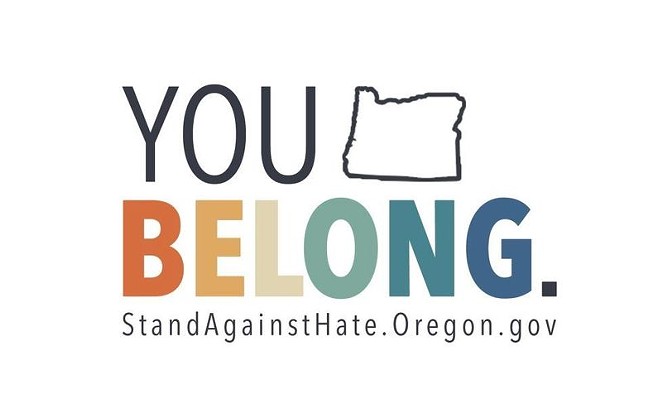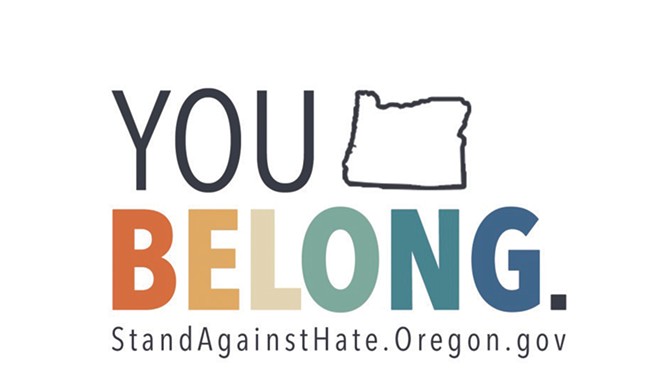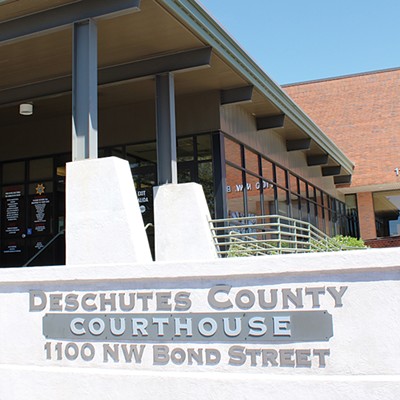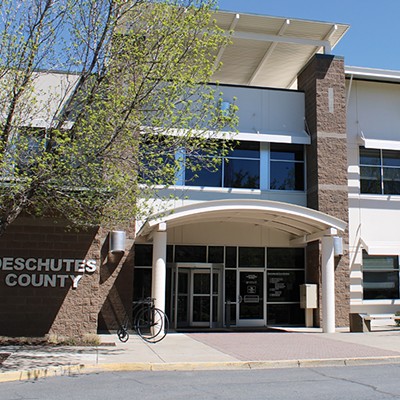“The purpose of this campaign right now is that we have this increase in bias and hate a growing in our state, across our nation and, quite frankly, in the world,” said Fay Stetz-Waters, the DOJ director of civil rights and social justice. As the director, Stetz - Waters advises the Attorney General on matters related to civil rights.
The hotline allows individuals who have experienced a hate crime or bias incident to share and report bias that an individual experienced or witnessed. It can offer support, resources and provide trauma-informed services. With interpreters in over 240 languages, the hotline also aims to remove barriers so that it’s accessible for anyone who may need it.
A bias incident is a non-criminal hostile expression motivated by another person’s actual or perceived protected class. A hate crime involves a crime motivated by bias. According to the DOJ, in 2023 there were a total of 3,623 reports and an average of 300 per month statewide. The hotline registered a 25% surge in reports from 2022 to 2023.
“Understanding that we have a diverse population in our state , which is growing, we believe it is part of our work to bring awareness to the Bias Response Hotline so that people know that it exists and the type of resources that we provide, ” said Stetz-Waters.
The non-emergency hotline was first created in 2020 after the passage of Senate Bill 577 in 2019, championed by Attorney General Ellen Rosenblum, which defined bias crimes and incidents, established resources for hate crimes and bias incidents and created the hotline.
In addition to supporting victims, the hotline is also helpful for tracking hate crimes and bias incidents. The DOJ uses the data to improve outcomes for victims and increase support. In the 2023 legislative session, the DOJ advocated for increased protections for both bias crime victims and individuals operating the hotlines with HB 3443.
“When we use it, we look at the narratives. What are people telling us, what are their needs, and advocate for those in the future,” said Stetz-Waters.
The City of Bend’s Director of Equity and Inclusion, Andrés Portela, sees the state’s hotline as an important and needed resource in the community. While the City has some local resources for victims of hate crimes or bias incidents, Portela notes that the best resource is the DOJ.
“At the city level, we're really resource constrained when it comes to providing those resources or doing reporting for things that aren't crimes.”
According to Portela, the City is creating a coalition among adjacent jurisdictions, which includes Deschutes County, parks, libraries and others. “We've invited them to the table to really start to focus on how we create programming that is shared, that builds belonging and makes folks understand that hate and discrimination shouldn't take place within Central Oregon, specifically the Bend area,” he said. The coalition, he said, could also help individuals do more local bias incident reporting.
Bias crimes and bias incidents can both be reported to Bend PD, however, Bend’s public data hub only shows the numbers of bias crime reports. In 2023, Bend Police had a total of 22 bias crime reports. So far in 2024, there have been a total of 7 reports.
The City’s Human Rights and Equity Commission is another local program that aims to cultivate an inclusive environment by working to ensure historically marginalized and underrepresented people and communities have equal access to City programs and services, representation in local decision-making and a venue to raise concerns and complaints about discrimination.
“We're here to promote safety and belonging,” said Stetz-Waters of the DOJ. “We’re encouraging individuals from communities that have been im pacted by inequities to report discrimination and bias treatment. Reporting is empowering and helps us adjust to this problem."

























